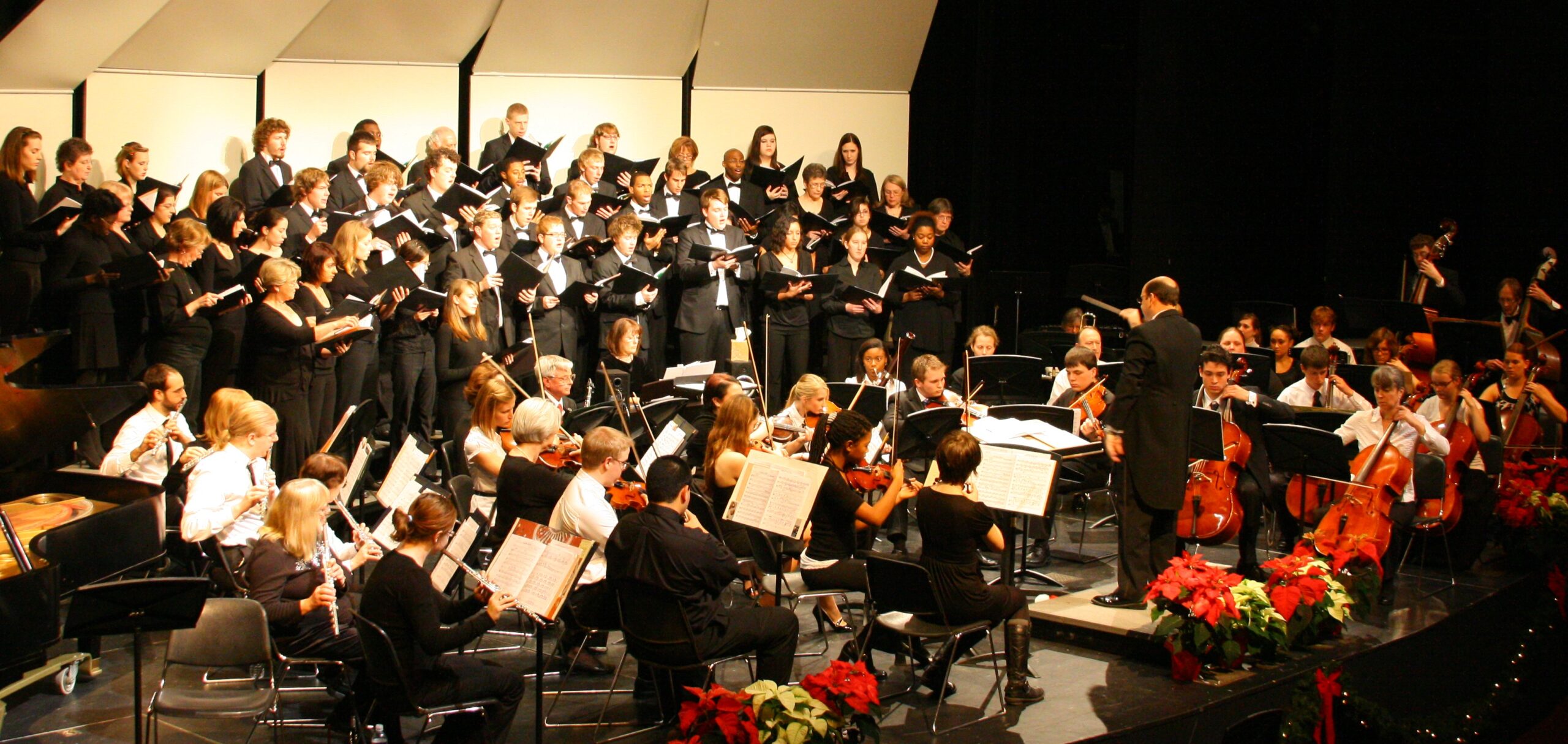Meramec Honors Program promotes challenges
BY: TYRA LEESMAN
Print Editor-In-Chief

Saint Louis Community College offers Honors Programs on its various campuses for students who are deemed academic performers or are academically ambitious. To be considered eligible for the program, students must have a GPA at or more than 3.5 and be enrolled in a minimum of 12 hours of college level coursework. For new freshmen, an ACT composite score of 26 or an Accuplacer score of 99/106 may also serve as admittance.
The program is headed by Dr. Sophia Pierroutsakos, Professor of Psychology and Honors Program Coordinator for the Meramec campus.
“I think for me, what we’ve been trying to do […] is to help meet the needs of every student on campus, including those students who want the enriched experience, who want to ask deeper questions and have deeper conversations and be challenged more,” said Pierroutsakos.
Students who participate in the Honors Program are offered a range of benefits: scholarship opportunities, community gatherings and support. Once admitted, honors students may participate in the program through contracts with professors, which produce a project with a commitment of approximately 30 additional hours of coursework. Alternatively, students may register for honors level classes.
“We give [students] some opportunities to push themselves, and to be pushed; and that’s going to mean in the coursework — in that special project, in that paper, in that artwork that you created — in the course of an honors course or an honors contract that was more or different or deeper than you might have otherwise done,” said Pierroutsakos.
According to Lynn Field, a Forest Park Honors Scholar Graduate, the Honors Program at her campus made way for the career of her dreams.
“You get to graduate with honors if you get 15 honors credits. It goes on your diploma and it goes on your resume and employers really like to see that. It means you were willing to go the extra mile. I beat out a candidate with more experience and a bigger portfolio for my current position and it was just because I was an Honors Scholar,” said Field.
Transfer scholarships available to honor students in the past included schools like Washington University, Pierre Laclede Honors College and Saint Louis University. Honors students who wish to take their extra coursework to a new level are encouraged to join the Student Honors Council (SHC), a club that is run by students who want to connect with one another and further their own experiences as honors students.
“We connect them with each other while they’re here. We have so much research that shows that when we are connected, we do our best work. We thrive. And when we are isolated, we don’t,” said Pierroutsakos.
Not all honors students began their academic careers as exemplary students, however. Some students come from high school with poor grades or in need of fundamental courses to prepare them for college level classes.
“When we say we’re here for the whole community, Honors Program allows that to be fully true. Including that student who graduated from high school with a high GPA, or did really great on their ACT, or maybe didn’t do those things, but is very capable and very curious and very hungry for learning. We should be meeting that student’s needs as well,” said Pierroutsakos.
According to Field, all types of students are welcome to strive toward being Honors Scholars, if they’re willing to work hard and earn their marks. Dr. Pierroutsakos agrees that while the academic backgrounds of honors students may be different, the Honors Scholar graduate is one who has leadership potential.
“Those students become likely leaders here. They’re the students who become the editors of the paper and the leaders of the club and presenting at conferences. […] They become some of our best leaders,” said Pierroutsakos.












